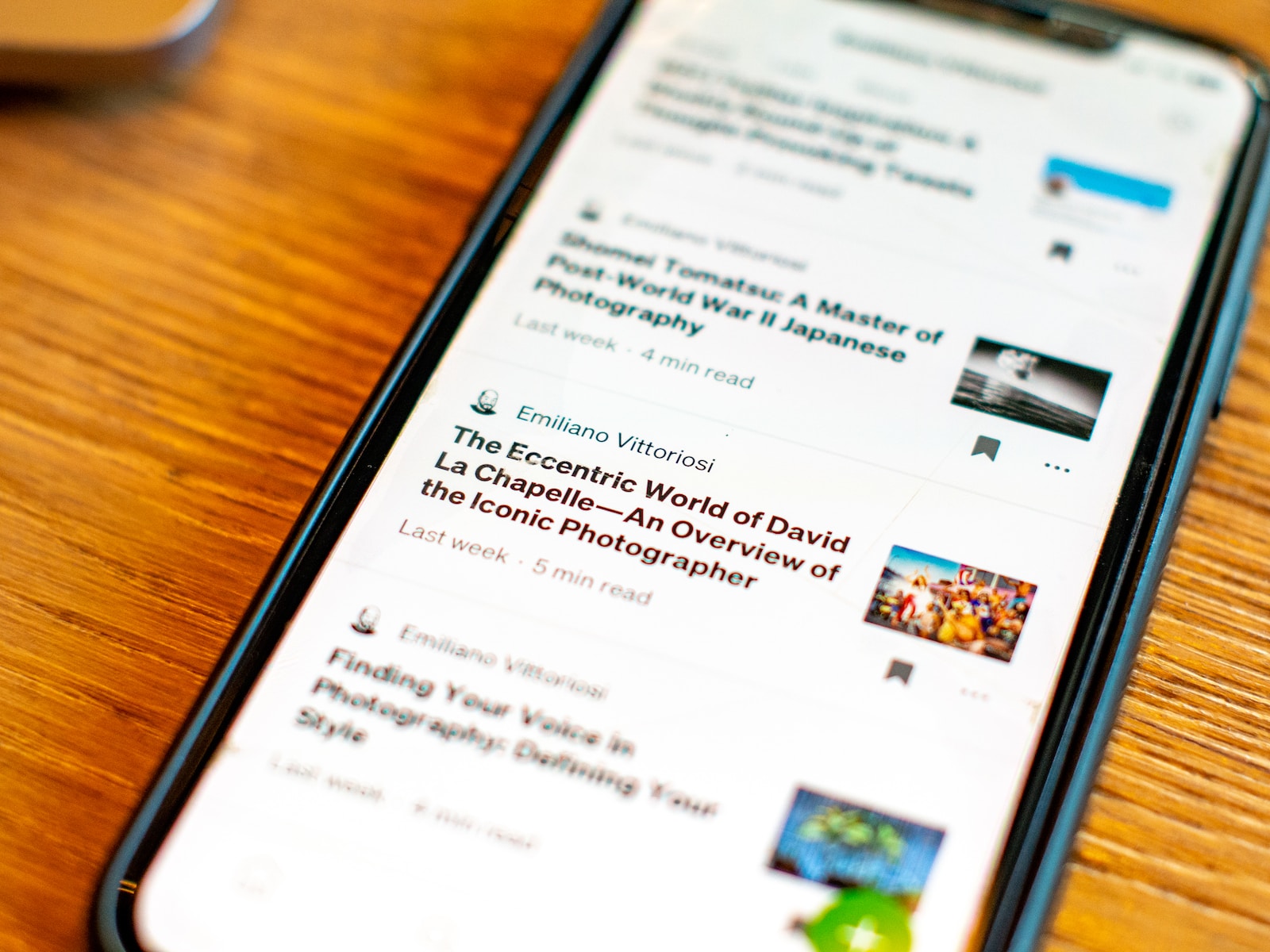New Developments in Out-Innovating Piracy Leave Room for Improvement
A report surfaced yesterday declaring Internet piracy in Norway at an all time low. The report cited widespread access to Netflix, Spotify and — crucially — platform-specific releases (like Netflix-exclusive “House of Cards”), as the reason. Nonetheless, Norway recently passed authoritarian laws, allowing copyright holders to shut down sites at the ISP level. All this was implemented after Norway’s piracy plummet. Yet, around the world, piracy is still a problem because most content creators are not providing good, competitive alternatives to piracy. Which is a shame, because at least in Norway — they work.

But we're still holding out!
HBO’s exclusive Game of Thrones is a great case study. HBO offers a robust streaming service, in HD, and posts episodes as they air live. However, Game of Thrones, HBO’s current most popular offering, is the most-pirated television show of 2012, and so far, 2013. While HBO’s CEO takes piracy “as a compliment,” the alarming rate at which Game of Thrones is torrented seems to undermine the argument that HBO’s online services, while relatively impressive, actually impact piracy. Why? Because in order to subscribe to HBO, you need to have a cable subscription. Cable subscriptions average about $54 a month, but that figure varies widely depending on location. HBO subscriptions are about $15 a month, depending on the subscriber. That means in total, if I were just interested in watching Game of Thrones, I would have to pay at least $828 a year for ten episodes of Game of Thrones, or over $1.50 a minute. That type of cost is out of reach for most people but $15 a month for HBO isn’t bad on its own. iTunes sells the episodes al la carte for $3.99 a pop, or $38.99 per season. For a viewer interested solely in Game of Thrones, this price is definitely more palatable than a cable subscription, but comes with a significant drawback: Game of Thrones is only available almost a year after its initial broadcast!
So why not wait and comply with the law? With Game of Thrones, waiting is an unrealistic expectation. I myself am a huge fan (and I adore my HBO subscription, on the back of my family’s cable), but had the penultimate episode of season 3 spoiled by my friends, RSS feed and social media. Sure, a digital blackout might be possible for a day or two, but for the year it would take me to buy it on iTunes? That kind of wait isn’t a reasonable request to make of a die-hard, doting consumer. Rob put it best in a different Game of Thrones post:
The market just knows that there’s demand for the show on this side; on another side there’s a legitimate vendor restricting the supply of it–in HBO’s case, by not letting people pay to use its HBO Go streaming service and instead tying that to an existing cable or satellite subscription. The rest of this space is filled by illegitimate vendors who not only make up for that artificial scarcity but don’t charge for it.
If HBO doesn’t like that situation, it can dampen demand by making terrible episodes. Or it can attempt to meet more of the demand itself by expanding its distribution channels. That’s all, folks; trying to shut down unauthorized distribution, either through legal means or by guilting downloaders into compliance, won’t work.
As a passionate Game of Thrones consumer (WARNING: NSFW) who, say, watches the show with friends, learns about it from clips online, reads the books and becomes enamoured, I can (a) spend hundreds on cable, (b) wait a year and drop $40 on iTunes, or (c) watch it from my bed, for free, almost instantly.
This analysis demonstrates how behind the entertainment industry lags in deterring piracy through competition. HBO offers recently released films, great TV shows and a generally wonderful streaming experience. Still, their system is ineffective because of problems endemic to the industry: a system of licensing and distribution issues, cable company bedfellows and anti-disruptive transnational deals. In that sense, among demographics where respect for copyright has eroded, HBO’s streaming is just a slower, more expensive clone of free pirated content.
But what do industry attempts to compete with piracy look like? After failed attempts to combat piracy (and subdue disruptive rivals) in the legislative sphere, the entertainment industry may finally pursue a solution grounded in competition. Citing a desire to cut down on piracy, the Wall Street Journal reported that Disney and Sony will launch a (sort of) new experiment: streaming films while they’re playing in theaters. So far, the initiative is limited to South Korea, and includes pictures such as “Wreck it Ralph,” and “Django Unchained.” While the step is undoubtedly welcome, it signifies how far behind many content distributors continue to lag.
In fairness, while its attempts feel half-hearted at times, the industry is making an effort at improvement. Ali recently noted that the MPAA has put together an amalgamation of sites to stream movies and TV shows. Most major TV channels offer online streaming, and Netflix, Amazon Instant and HBO have sizable film libraries. Seemingly viable, affordable alternatives to piracy seem instituted, up and running. And yet, piracy persists. The South Korean experiment, while laudable, is likely to fail. Why? Because it is a band-aid; a patch on a system which requires a far more radical transformation than mere, hardly passable alternatives to piracy.
Carry over the Game of Thrones paradigm to Sony and Disney in South Korea, and you get similar problems. Just like it makes sense for HBO to offer Game of Thrones on its streaming service, it makes sense for Disney and Sony to stream feature films. The films they’re offering had been playing in South Korea for a few weeks by the time they were legally available online. Furthermore, each of them has topped the BitTorrent charts in the US, and did so well before the films played in South Korea ([1], [2], [3]). Furthermore, the fact that the films were released late in South Korea boosts piracy. Given the wide availability of these films online, which preceded the South Korean release date, slightly early releases are hardly an incentive to not pirate.
If the South Korean experiment seems like a long shot, what would it look like in other countries? For starters, most theaters in the US refuse to buy film reels absent a studio commitment to withhold other forms of distribution. Theaters in the UK almost refused to screen “Alice in Wonderland” because Disney tried to reduce the “theater exclusive” window. Just like with Game of Thrones, for which distribution deals with cable companies prohibit rapid, affordable distribution, the studios have their hands tied by the construction of the industry. Deals which maximize studio profit, whether timing international releases around local holidays (resulting in large release gaps); keeping films exclusively in theaters for as long as possible; and allowing cable to retain a distributional monopoly, all strengthen piracy — consumers’ answer to a stymied market.
TorrentFreak, in light of the Sony/Disney revelation, quoted Warner Bros. as saying that piracy is a “proxy of consumer demand.” Far from being an indictment on the quality of entertainment, piracy shows that consumers love Hollywood’s products, but cannot affordably or promptly procure them. Global love of American film and television is a marvelous opportunity for innovation; and a market plagued by licensing and distribution molasse is ripe for disruption. There are legions of new consumers and hordes of new profits for content creators and distributors, but they’re obscured by an antiquated system of delivery and overshadowed by far better, albeit illicit, alternatives. If in South Korea, Disney and Sony fail to curb piracy, it will not come as a surprise. What piracy should do, is motivate industry leaders across the supply chain to outdo the copyright infringers, find ways to mitigate the systemic roadblocks of licensing/distribution, and let consumers purchase the content they crave, in a manner that suits them. The Norwegian report is the short answer to those skeptical about the effects of competition, but only scratches the surface of what the industry can achieve. Best of all, by providing its own alternatives, Hollywood will not only keep raking in cash, but strike a blow against the “new plague” of piracy.
Benjy Cannon is an intern at the Computer & Communications Industry Association. Follow @benjycannon








